Poland – Patriarch of Moscow and All Russia Kirill waited almost a full day on 24 February, the date of the launch of the Russian offensive against Ukraine, to speak and express, in a brief message, his compassion for the suffering of people affected by the “current events” and call on the “parties to the conflict” to minimise the number of civilian casualties, while assuring his faithful “of a deep and fervent prayer for the rapid restoration of peace”. Words like “war” or “aggression” were absent from his message. What is more, in his sermon on 6 March, for the Sunday of Forgiveness preparing the Orthodox faithful for Lent, Kirill openly sided with Vladimir Putin and gave Russian military propaganda a religious and mystical dimension by referring to a conception of the “Russian world”, in which Russia and its soldiers are obliged to fight the forces of evil embodied by the Ukrainian “Nazis” supported by the Russophobic and decadent West, whose symbols include, in the Patriarch’s eyes, the Western LGBT marches that have also been organised in some Ukrainian cities.
The Patriarch of Moscow’s attitude may have surprised those who are not aware of the very close alliance between the Russian Orthodox Church and the political authorities and do not necessarily know Kirill’s positions concerning, for example, the war in the Donbass, perceiving him simply as a preacher of the Gospel and a defender of conservative values threatened by Western neo-Marxist ideologies.
Polish Catholic bishops’ appeals to Patriarch Kirill
In Poland, a country that has long lived under the Russian boot, the bishops of the Catholic Church, who are not afraid to condemn those Western neo-Marxist ideologies themselves, have never shared such a view of the Russian Orthodox Church and have never regarded Moscow as the third Rome, instead seeing Patriarch Kirill as a loyal functionary of the contemporary tsar, in accordance with the Russian Orthodox tradition and even with the Orthodox tradition in general, which goes back to the Byzantine Empire. This, of course, did not prevent them from appealing to Kirill to use his authority as patriarch to prevent the war. In a letter sent on 14 February 2022 to all Catholic and Orthodox bishops in Russia and Ukraine, Archbishop of Poznań Stanisław Gądecki, who heads the Polish Bishops’ Conference, urged them: “Let us unite our spiritual efforts with those of Christ’s followers of various confessions in Russia, Ukraine, and Poland, and together offer fervent prayer to Him who is Peace itself, in order to avert the spectre of a new war in our region (...) I also ask you, dear brothers, to address a similar appeal to your faithful, and may the Lord turn the hearts of those in power away from the thirst for war and destruction, and bring them closer to mercy and peace. ”
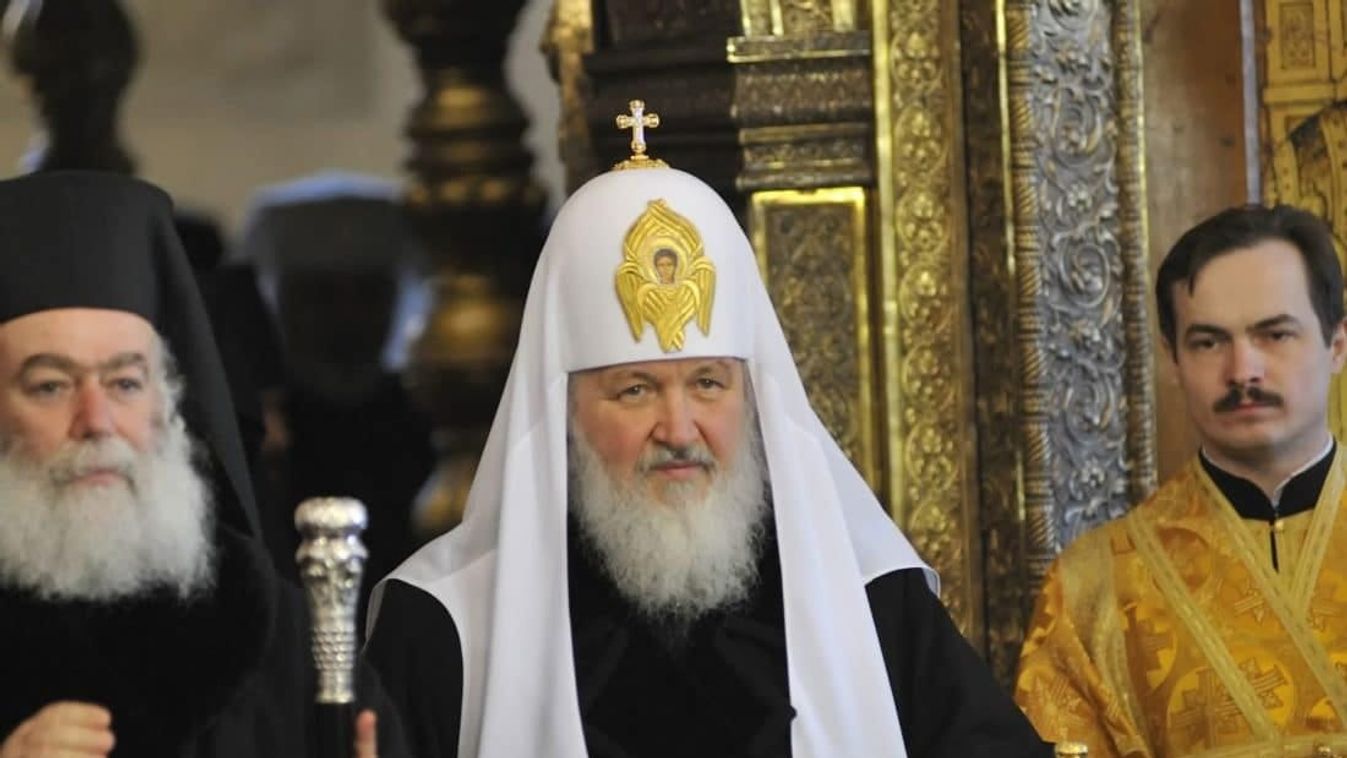


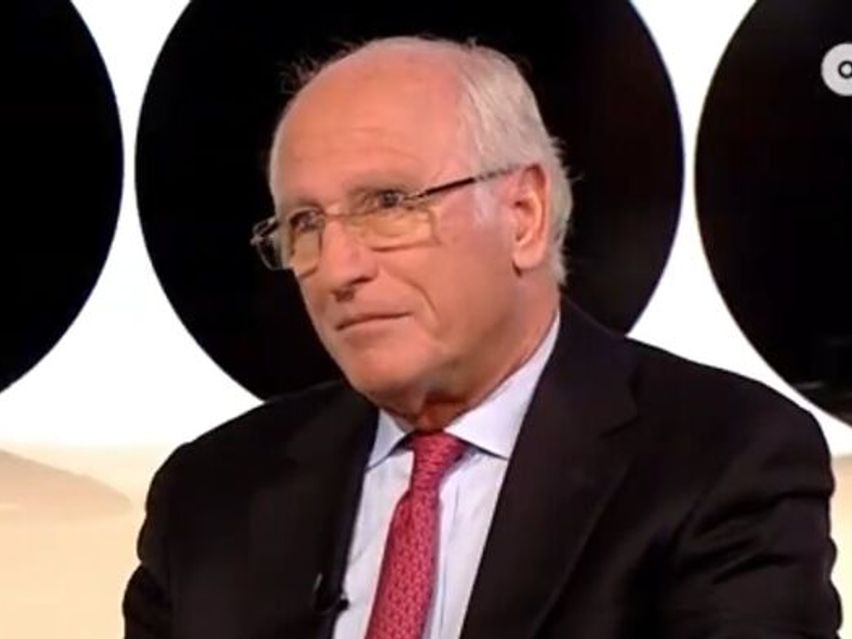
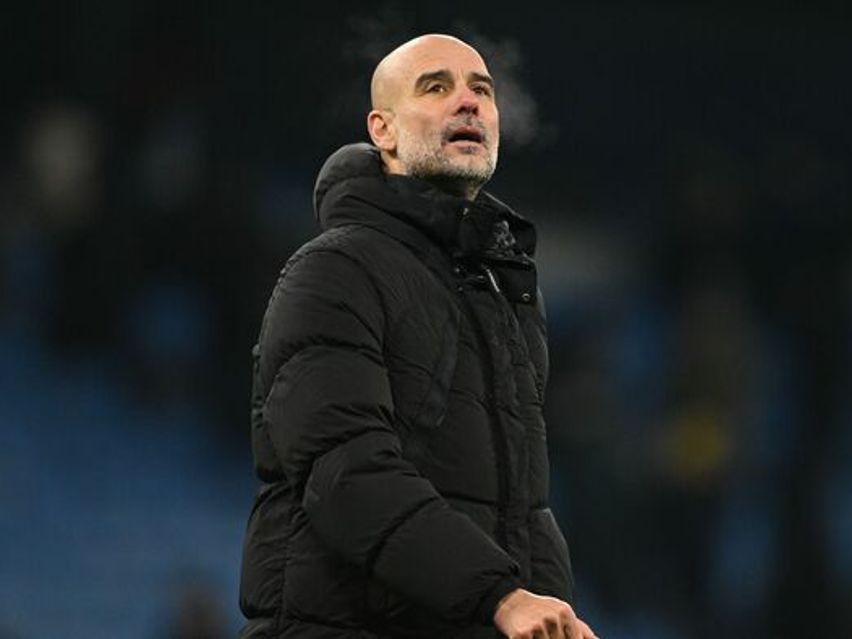
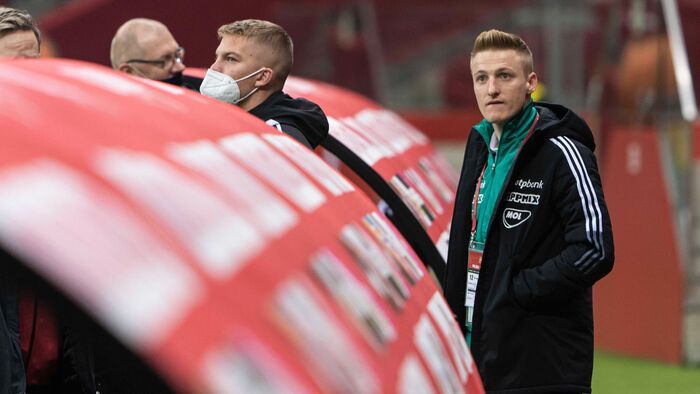

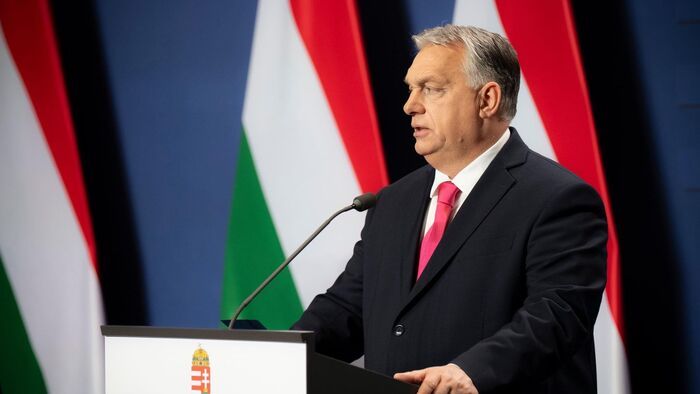
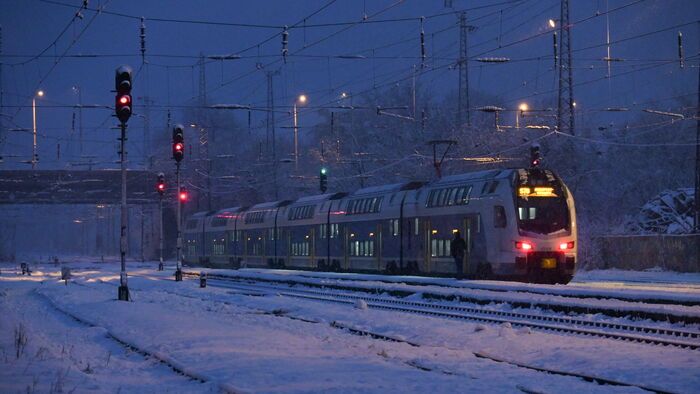
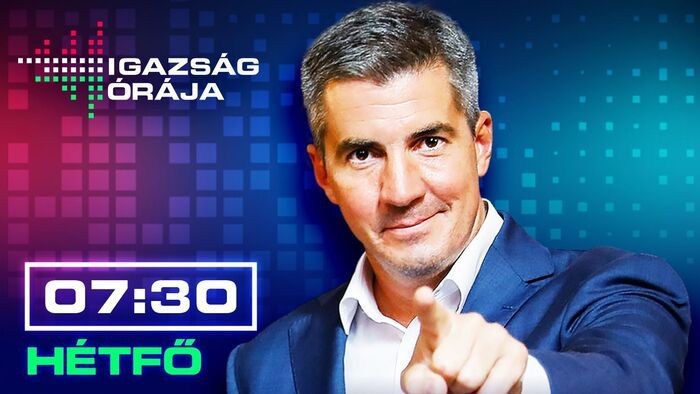
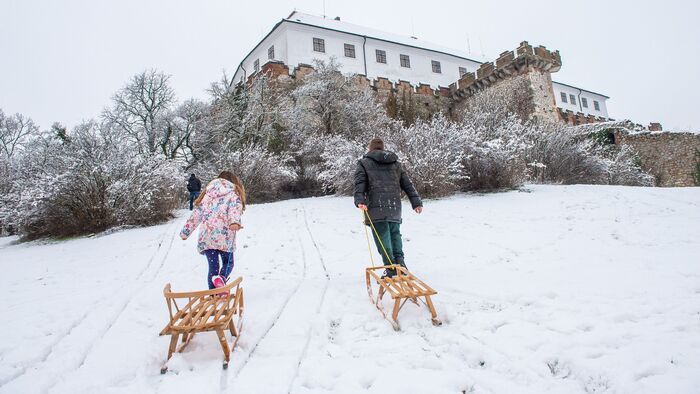
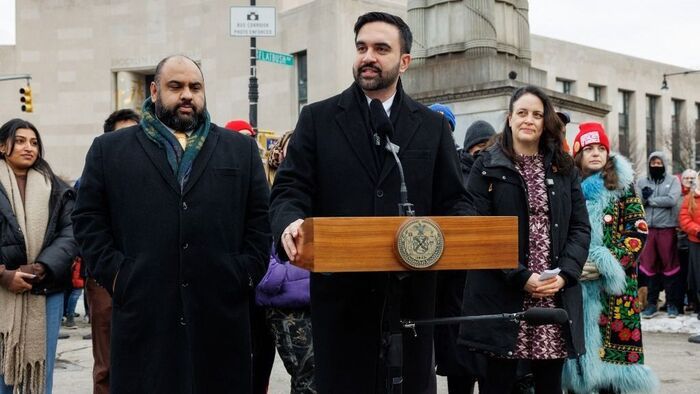
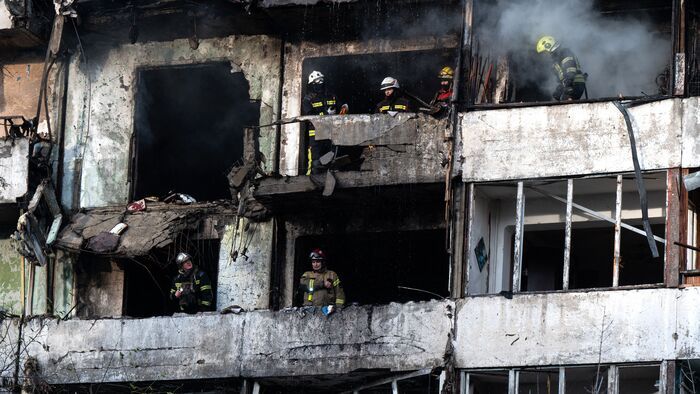
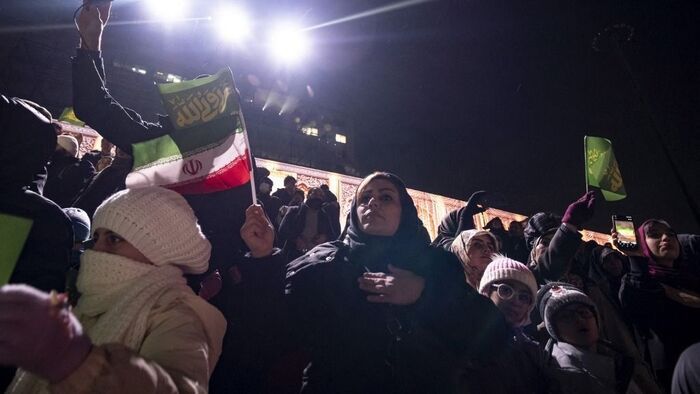

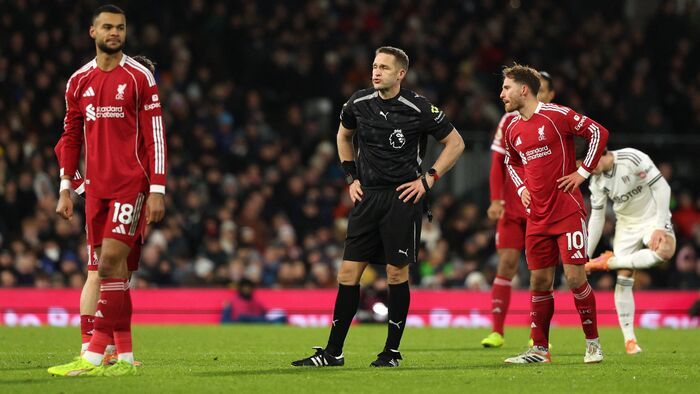

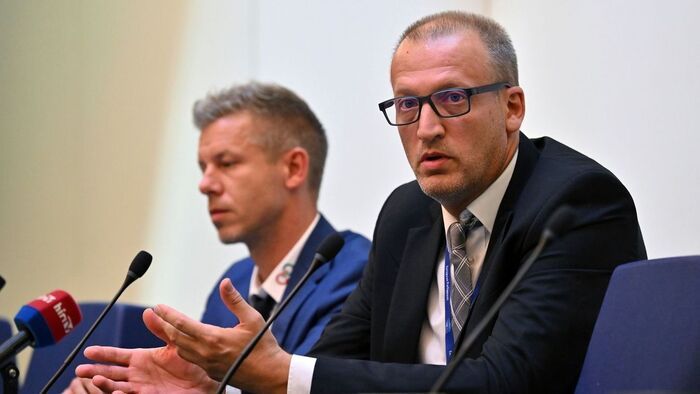

Szóljon hozzá!
Jelenleg csak a hozzászólások egy kis részét látja. Hozzászóláshoz és a további kommentek megtekintéséhez lépjen be, vagy regisztráljon!